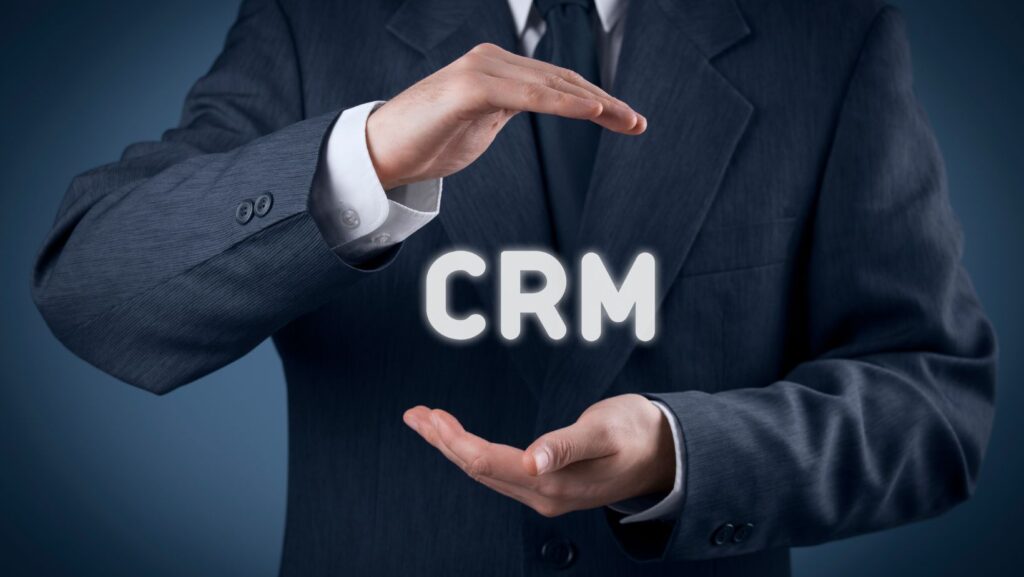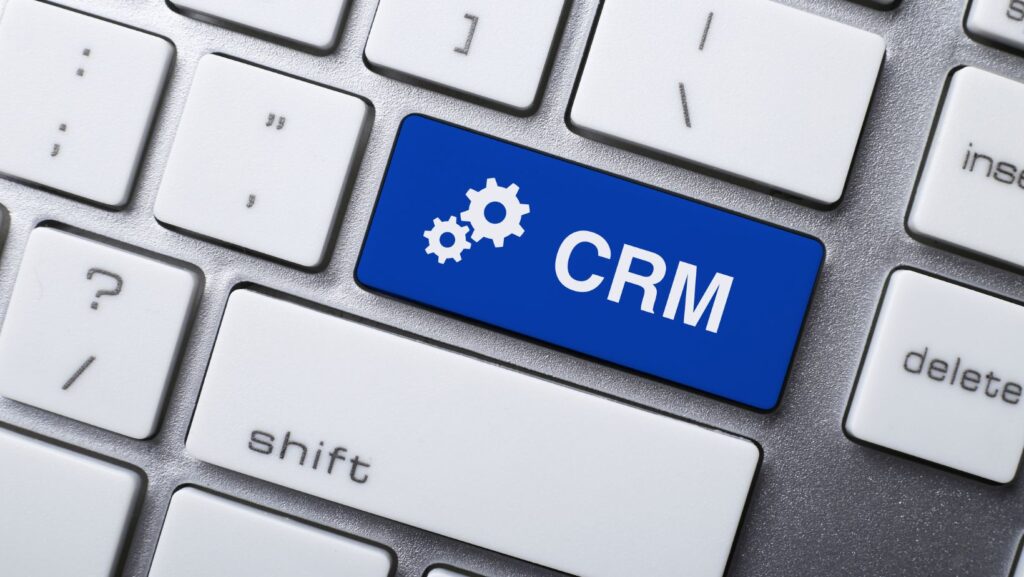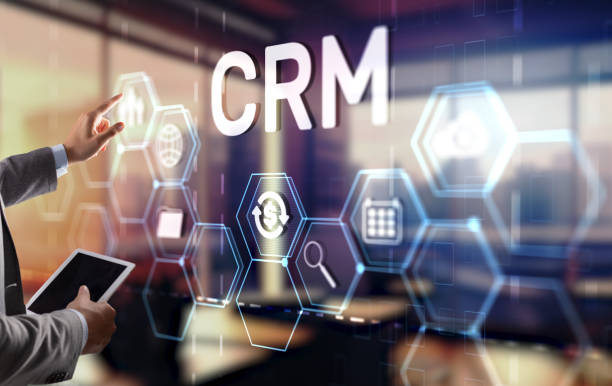Have you ever thought about how financial advisors keep track of so many clients or how restaurants manage hundreds of orders every day without any mix-ups?
The answer usually comes down to two smart tools: CRM systems for financial advisors and POS systems for restaurants. Both are made to simplify work, improve client or customer experience, and help businesses grow faster.
Let’s explore how these tools make a difference and why they are worth knowing about.
Why Financial Advisors and Restaurants Need Smart Systems
For financial advisors, handling client relationships goes beyond simple notes. It involves managing long-term goals, investment records, and follow-ups. A CRM makes this smoother by giving them one place to manage all information.
Similarly, restaurants cannot depend only on manual order-taking anymore. With a POS system, orders, billing, and inventory come together in one setup, saving both time and stress.
Together, these tools keep everything organized and allow more focus on growth instead of small tasks.
CRM Tools for Financial Advisors
When it comes to financial advisors, CRM systems are like personal assistants. They help in keeping every client detail safe, easy to access, and well-arranged. They also improve communication with clients and save time on repetitive tasks. Let’s look at the top picks.
1. Client Data Management
This type of CRM tool is focused on storing every detail of client interactions. It allows advisors to keep track of calls, emails, meetings, and even investment preferences. Having everything in one place ensures no detail is missed when giving advice.
2. Automated Reminders and Scheduling
Sometimes, following up with clients is just as important as the advice itself. A CRM with automatic reminders helps advisors stay punctual with client meetings and tasks. It ensures that nothing is forgotten and every client feels valued.

3. Goal Tracking Systems
Financial planning often involves long-term goals. These CRM tools help advisors track progress, set milestones, and compare outcomes over time. It makes it easier to show clients how close they are to their targets, building trust in the process.
4. Secure Communication Features
Clients often share sensitive financial information. CRM tools with secure messaging and data storage give confidence that personal details remain safe. Advisors can focus more on advice instead of worrying about privacy.
5. Integration with Financial Tools
Some CRMs allow connection with other financial applications. This creates smooth data flow, reducing manual work. Advisors can analyze investments, create reports, and make better recommendations quickly.
Restaurant POS Systems for Growth
Now shifting to the restaurant pos system is the heart of modern food service. They don’t just handle billing but also connect orders, kitchen operations, and customer service in one flow. This not only keeps service fast but also adds value to customer satisfaction.
To understand better, here are the top types of POS features that help restaurants expand smoothly.
6. Order and Billing Management
The most basic but useful feature of a POS system is its order and billing setup. From taking customer requests to sending them directly to the kitchen, everything happens in seconds. It reduces waiting time and avoids confusion.
7. Inventory and Sales Insights
POS systems today don’t stop at billing. They also track ingredients, stock levels, and even sales trends. This helps restaurants plan menus, control waste, and keep supplies in check. Managers can easily see what dishes are most loved and adjust accordingly.
Customer Loyalty Features
Another strong point of POS systems is the ability to build loyalty. By keeping track of regular visitors and offering them rewards, restaurants create stronger relationships with customers. It’s like a personal touch that brings people back again and again.
Staff Performance Tracking
Some POS systems also support staff management. They show how fast service is, how many tables are handled, and how sales are improving. It gives owners a clear view of who is excelling and helps in staff training as well.
How These Tools Help Growth
Both crm for financial advisors and POS systems for restaurants are growth-focused. They save time, improve client or customer satisfaction, and create space for better decision-making. Instead of stressing over paperwork or order slips, professionals can focus on providing better service. These tools are also scalable, which means as the business grows, the systems continue to support without needing to start fresh.
Key Benefits You Can Expect
- Faster communication with clients or customers
- Organized data that is easy to understand
- Better tracking of progress and results
- Improved trust and satisfaction
- More focus on growth rather than small tasks

Conclusion
For financial advisors, a CRM is like having an extra hand to manage clients effectively. For restaurants, a POS system ensures smooth service from order-taking to payments and beyond. Both work in different ways but share the same purpose: making business growth easier and faster. By adopting these tools, advisors and restaurant owners can look forward to better management, happier clients or customers, and stronger results over time.

